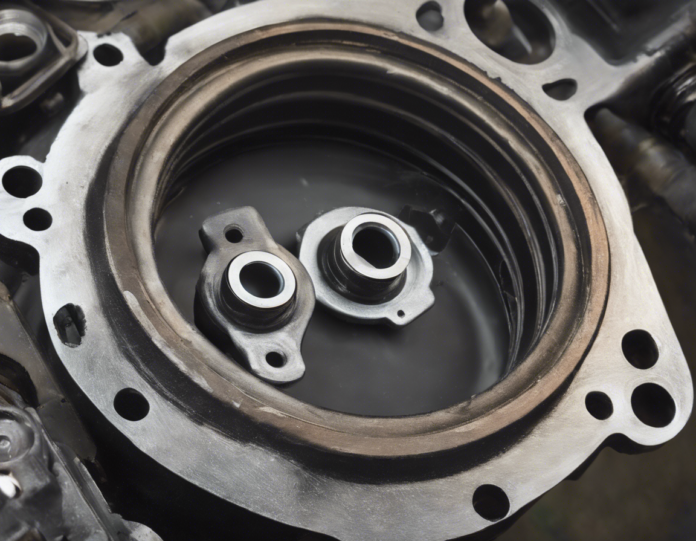Introduction:
If you are experiencing gasket oil leaks in your vehicle or machinery, you are not alone. Gasket oil leaks can be a common issue that many individuals encounter. In this comprehensive guide, we will explore the causes of gasket oil leaks and provide practical solutions to help you address this pesky problem effectively.
Understanding Gasket Oil Leaks:
Gaskets play a critical role in preventing oil from seeping out of the engine or other components in a machine. When a gasket fails, it can result in oil leaks. These leaks can lead to a variety of issues, including reduced engine performance, increased fuel consumption, and potential damage to the surrounding components.
Causes of Gasket Oil Leaks:
-
Worn Gasket: Over time, gaskets can wear out due to exposure to high temperatures, pressure, and mechanical stress. This wear and tear can compromise the gasket’s ability to seal properly, leading to oil leaks.
-
Incorrect Installation: Improper installation of a gasket, such as not tightening the bolts evenly or using the wrong torque specifications, can result in gaps that allow oil to escape.
-
Chemical Damage: Exposure to certain chemicals or fluids can cause gaskets to deteriorate prematurely, increasing the risk of oil leaks.
-
High Operating Temperatures: Extended exposure to high temperatures can cause gaskets to lose their elasticity and fail, resulting in oil leaks.
Solutions to Gasket Oil Leaks:
-
Replace the Gasket: If a gasket is worn or damaged, the most effective solution is to replace it with a new one. Ensure that you use a high-quality gasket that is compatible with your vehicle or machinery.
-
Proper Installation: When installing a new gasket, follow the manufacturer’s guidelines and torque specifications carefully to ensure a proper seal and prevent future leaks.
-
Regular Maintenance: Inspect gaskets regularly for signs of wear or damage and replace them as needed to prevent oil leaks from occurring.
-
Use Sealants: In some cases, using a high-quality sealant along with the gasket can help improve the seal and prevent oil leaks. Be sure to use a sealant that is compatible with both the gasket material and the fluid being contained.
Preventative Measures:
-
Maintain Proper Cooling System: Heat can accelerate gasket wear, so ensuring your vehicle or machinery’s cooling system is in good condition can help prevent gasket oil leaks.
-
Avoid Over-Tightening: Over-tightening bolts can put unnecessary stress on gaskets, leading to premature failure. Follow the recommended torque specifications to prevent this issue.
-
Address Oil Leaks Promptly: If you notice any signs of an oil leak, such as oil spots under your vehicle or machinery, address the issue promptly to prevent further damage and avoid costly repairs.
FAQs (Frequently Asked Questions):
-
Q: Can I drive with a gasket oil leak?
A: It is not recommended to drive with a gasket oil leak as it can lead to engine damage and safety hazards. Address the issue promptly. -
Q: How do I know if my gasket is leaking oil?
A: Signs of a gasket oil leak include oil spots under the vehicle, low oil levels, or a burning oil smell from the engine. -
Q: Can I repair a gasket oil leak myself?
A: While some minor leaks may be repairable by DIY enthusiasts, it is recommended to seek professional help for gasket replacements to ensure proper installation. -
Q: Are all gaskets the same?
A: No, gaskets come in various materials and designs, so it is important to use the correct gasket for your specific vehicle or machinery. -
Q: How often should gaskets be inspected?
A: It is recommended to inspect gaskets during regular maintenance checks or whenever you notice any signs of oil leaks to prevent issues.
In conclusion, dealing with gasket oil leaks requires a proactive approach to maintenance and timely repairs. By understanding the causes of oil leaks and implementing the solutions mentioned above, you can effectively address gasket oil leaks and keep your vehicle or machinery running smoothly.






